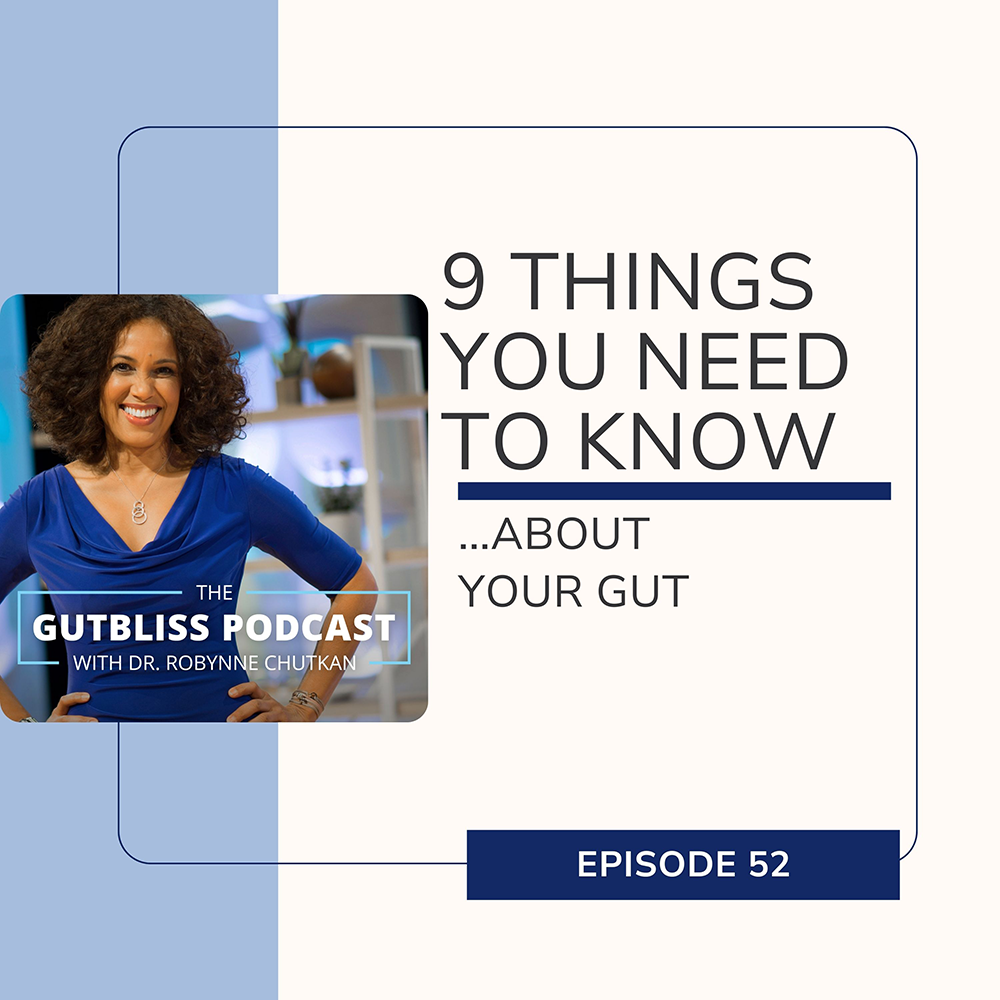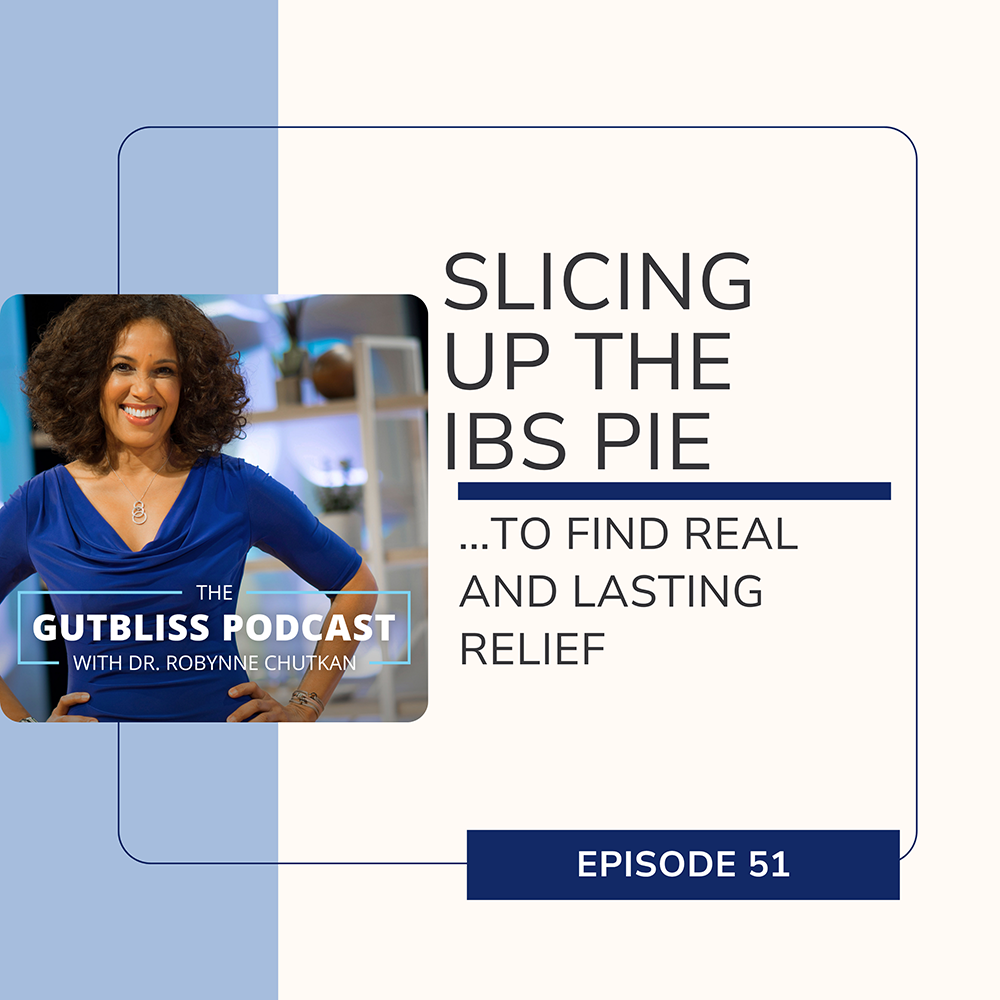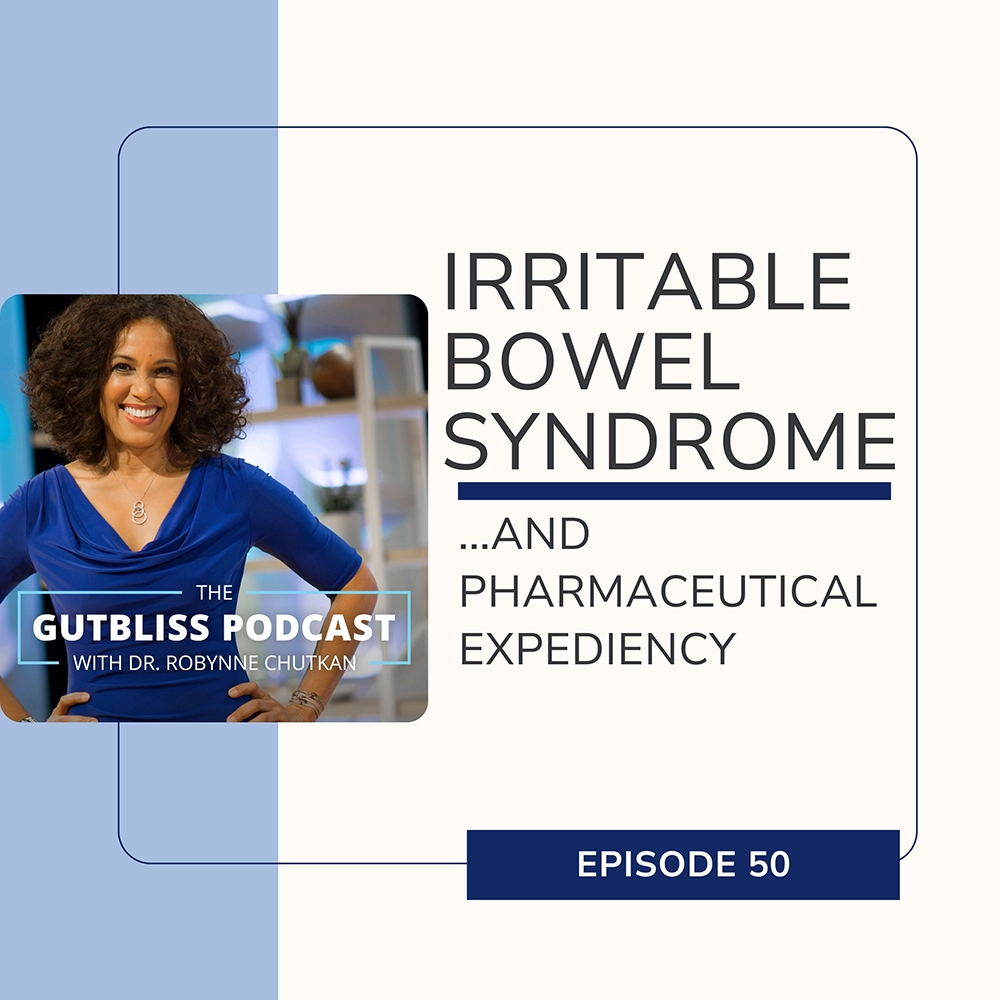Tis the season and that means lots of festivities, lots of food, and lots of GI distress. So here are my 7 best tips for how to enjoy every minute of the holiday, and every bite of your meal, while optimizing your digestion and avoiding a food coma. Spoiler alert: holiday lunch instead of dinner is a game changer!
Thank you for being a part of our community! For the latest in digestive wellness go to https://gutbliss.com/ and follow us on Instagram for more gut health info.
On today’s show: Tis the season and that means lots of festivities, lots of food, and lots of GI distress. So here are my 7 best tips for how to enjoy every minute of the holiday, and every bite of your meal, while optimizing your digestion.
1) Eat before the sun sets. You may not realize it, but your GI tract actually has a bedtime. Contractility of your gut is tied to the circadian rhythm – the light dark cycle. That means that your GI tract is most active early in the day when the sun is shining, and it literally shuts down once the sun sets. Because the holiday season falls in the winter time for a lot of us, that means that it’s dark by 5pm. So ideally you should be having your large holiday meal between 1:00 and 3:00 PM. And if you can make it a holiday brunch at 11 or noon even better!
2)Go for a walk after dinner to help stimulate peristalsis – those wavelike contractions in your GI tract that help move the products of digestion through. If you can’t walk, then try standing for 20-30 minutes after you eat – that way gravity will work with you to move things down towards the exit. Sitting is less good, and reclining on the couch is the worst – that’s going to really slow down your transit time. I clear the plates and do a little cleaning up between dinner and dessert. That activity helps stimulate peristalsis
3)Put some time between dinner and dessert. It usually takes about 20–30 minutes for your brain to signal that you are full, because there’s a lag time between eating enough to feel full and your brain registering that you are full. Taking that pause will pretty much guarantee that you’ll eat less dessert. I highly recommend combining tip #2 and tip #3 so take that walk between dinner and dessert and invite your entire table to join you. In fact, let people know to wear or bring comfortable walking shoes.
4)Fill your plate – but just one time, no seconds. Your stomach is the size of your fist. Overloading it will cause reflux and indigestion and pretty much guarantee you’ll wake up in a food coma the next day.
5)Load up on plant sides (potatoes, yams, green beans). Low fat foods that are high in fiber move through faster and help bulk the stool so you can have stool nirvana the next day and feel fantastic. One simple way to accomplish this is to try and make sure you have a lot of different colors on your plate. So you may have orange for sweet potatoes, green for green beans. Purple for some cabbage, yellow for some corn, red for some tomatoes. You want to try and avoid having just brown animal protein and white starch.
6)A green smoothie in the morning with pineapple and papaya that contain important digestive enzymes that can help you digest dinner. Bromelain is a mixture of enzymes found in pineapples that digest protein (proteolytic). Pineapple has been used for centuries in Central and South America to treat indigestion and reduce inflammation. Papain is a proteolytic enzyme found in papayas that also breaks down proteins. My favorite smoothie recipe involves unsweetened coconut water as the base, and then I’ll typically use two leafy greens like spinach and kale or kale and collards or spinach and collards. Then I’ll throw in some cut up fresh pineapple and papaya. Ice, a little bit of mint and parsley for flavoring, some lemon juice. Blend it all up. You can have a big glass of that for breakfast or sip on it throughout the day, but that’s going to give you those fantastic digestive enzymes papain and bromelain to help you digest your holiday meal – and it’s also going to help fill you up so that you don’t overeat at dinner time.
7)Enjoy every bite and every moment. Feeling joyful and not stressed will trigger your parasympathetic nervous system – rest and digest – which will help you digest food. If you’re stressed and anxious, you’ll trigger your sympathetic nervous system and end up in fight or flight mode – that will decrease blood flow to your GI tract as well as enzyme secretion, making it more difficult to digest your food and more likely to have reflux, indigestion, and a food coma the next day.
So that’s it for this week’s episode of the Gutbliss Podcast on gut tips for the holidays to help you rest and digest. Wishing you and your loved ones a happy, healthy holiday season filled with great digestion, no bloating, and bountiful bowel movements.









